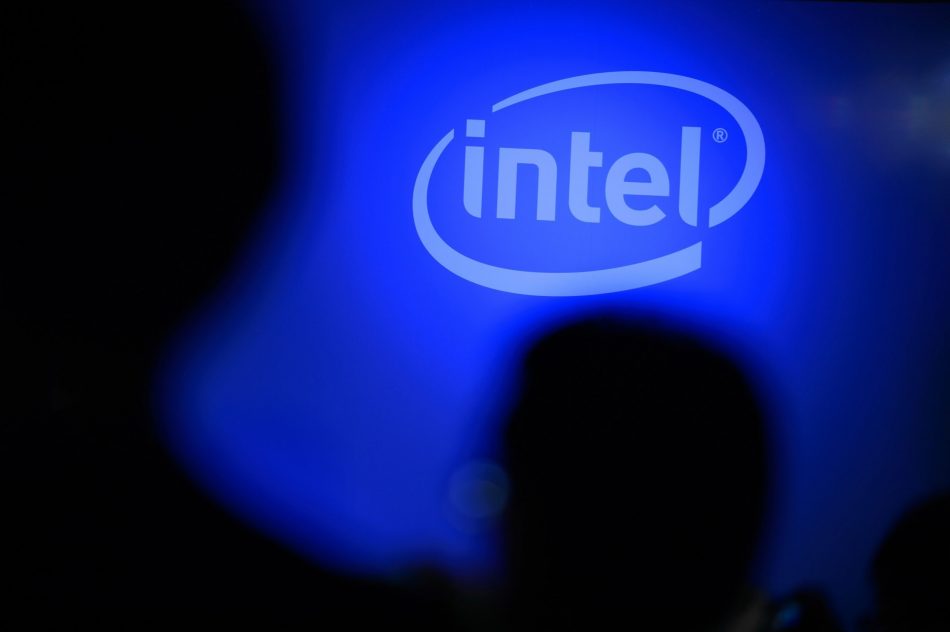While it can almost feel natural to get skeptical when big companies make sustainability pledges, it’s important to remember the big impact these companies have at the end of the day.
With that in mind, tech giant Intel has unveiled its environmental goals for 2030 this week, committing to cut down its greenhouse gas emissions and waste. By the end of the decade, the company aims to rely on renewable energy for all of its global electricity use and eliminate the trash it’s sending to landfills.
The encouraging thing about Intel is they have a reputable track record when it comes to climate targets. The company has hit many of its targets for 2020. It’s now recycling more than 90 percent of its trash and sending almost no hazardous waste to landfills. The amount of greenhouse gases it pumps out has dropped roughly 30 percent since 2010, although its annual emissions crept up somewhat each year since 2016 as the business grew. When it comes to water, it cut down its consumption by 38 percent — which the company says has saved 44 billion gallons in the past decade.
Many tech giants like Intel have made sweeping environmental goals as scientists warn that catastrophic climate change is on the way if greenhouse gases don’t get close to zero by 2050. Dell plans to cut greenhouse emissions from its operations and electricity use in half by 2030. Microsoft set an ambitious goal in January of drawing down more carbon dioxide than it emits by 2030. The company has essentially eliminated its carbon footprint since 2012 by cutting down much of its planet-heating pollution and then offsetting or capturing the rest.
When asked if Intel had considered doing something similar — becoming carbon neutral — the company told The Verge that at the moment it’s more focused on reducing overall emissions than relying on offsets to cancel them out.












